Protein is one of the three macronutrients. Well known as a building block for muscles, bones, blood, skin and hair, adequate protein intake is essential for good health and optimal wellbeing. Protein rich foods include meat, fish, milk, cheese, eggs, and tofu. Legumes, nuts, and beans are also good sources of, what are known as, incomplete protein. When combined with foods that contain complementary amino acids, such as rice and corn, they form a complete protein. NuGo Stronger is a complete protein source because it is rich in all 20 essential amino acids and easily digestible.
For athletes, consider your recommendations for protein intake “tweaked”. If you would like to determine your personal protein needs, multiply your weight in kilograms (weight in pounds divided by 2.2) by 1.2 – 1.7. If you are an athlete who is trying to increase lean body mass, lose fat mass, or in rehabilitation, your needs are greater at 2.0 grams of protein per kg body weight. If you are looking to maximize muscle repair and growth, eat within two hours post-exercise including 20 – 30 grams of high quality protein. That is the amount of protein in a 3-ounce chicken breast or a NuGo Stronger high protein bar (25g).
Whether you are a weekend warrior, a strength trainer, or an avid marathon runner, remember that carbohydrate is your body’s preferred source of fuel, so make sure you are eating enough in the way of complex carbohydrate from fruits, veggies, and grains. In addition, distribute your protein intake evenly throughout the day by including high-quality protein from foods such as Greek yogurt, edamame, nuts and nut butters, fish, and lean meats at meals and snacks. When you are on-the-go, pack NuGo Stronger for a high protein snack or post-workout recovery.
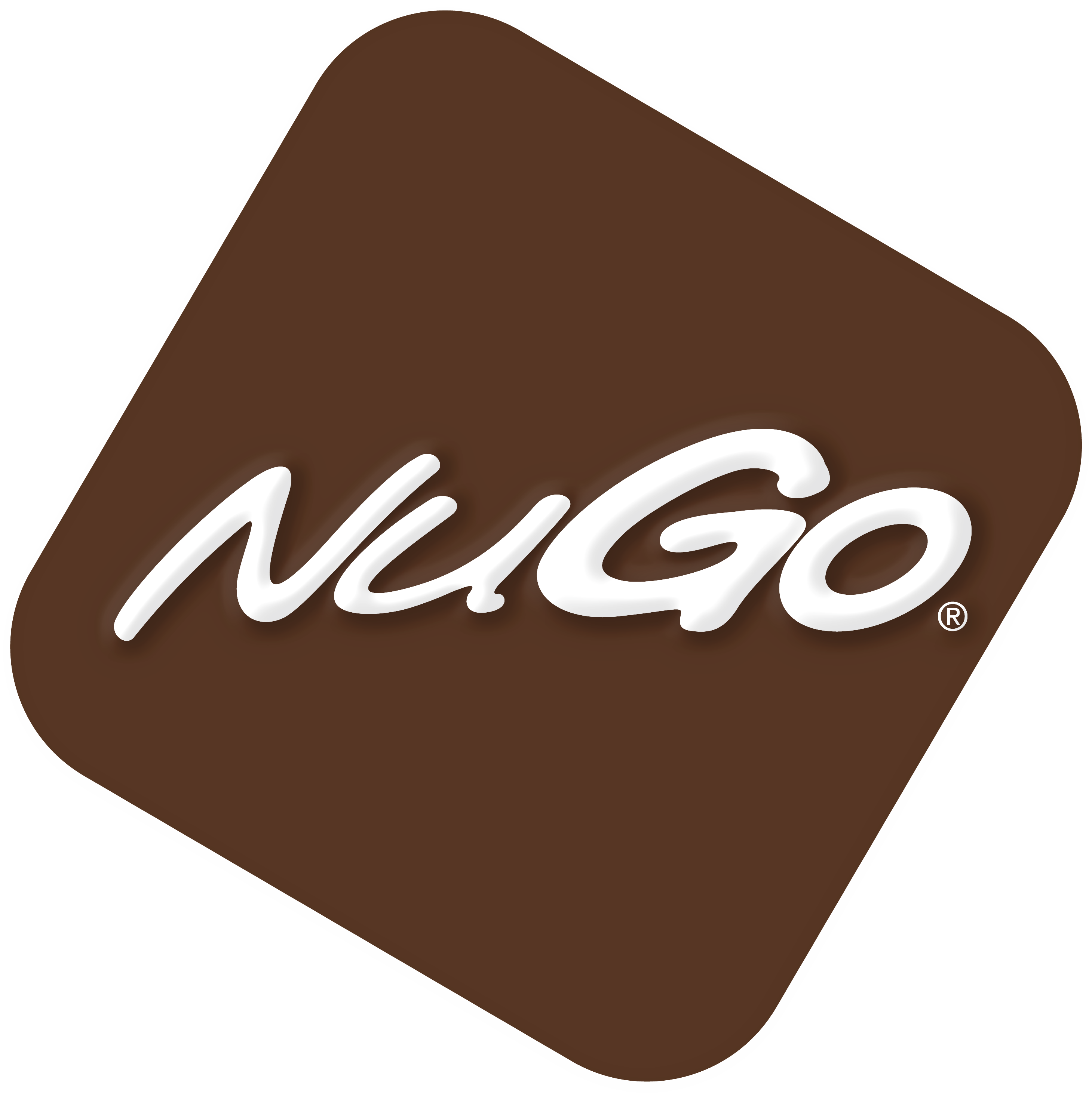
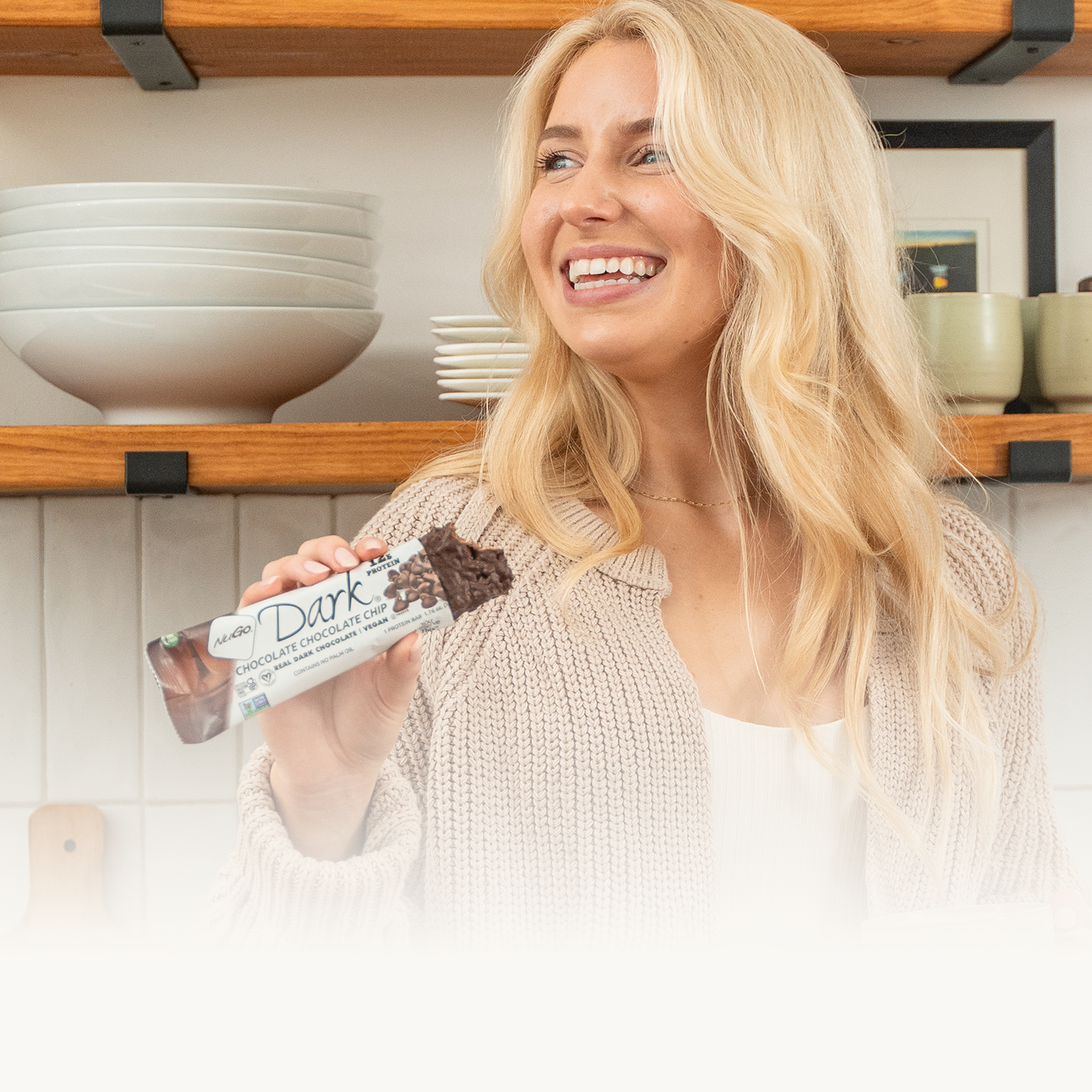
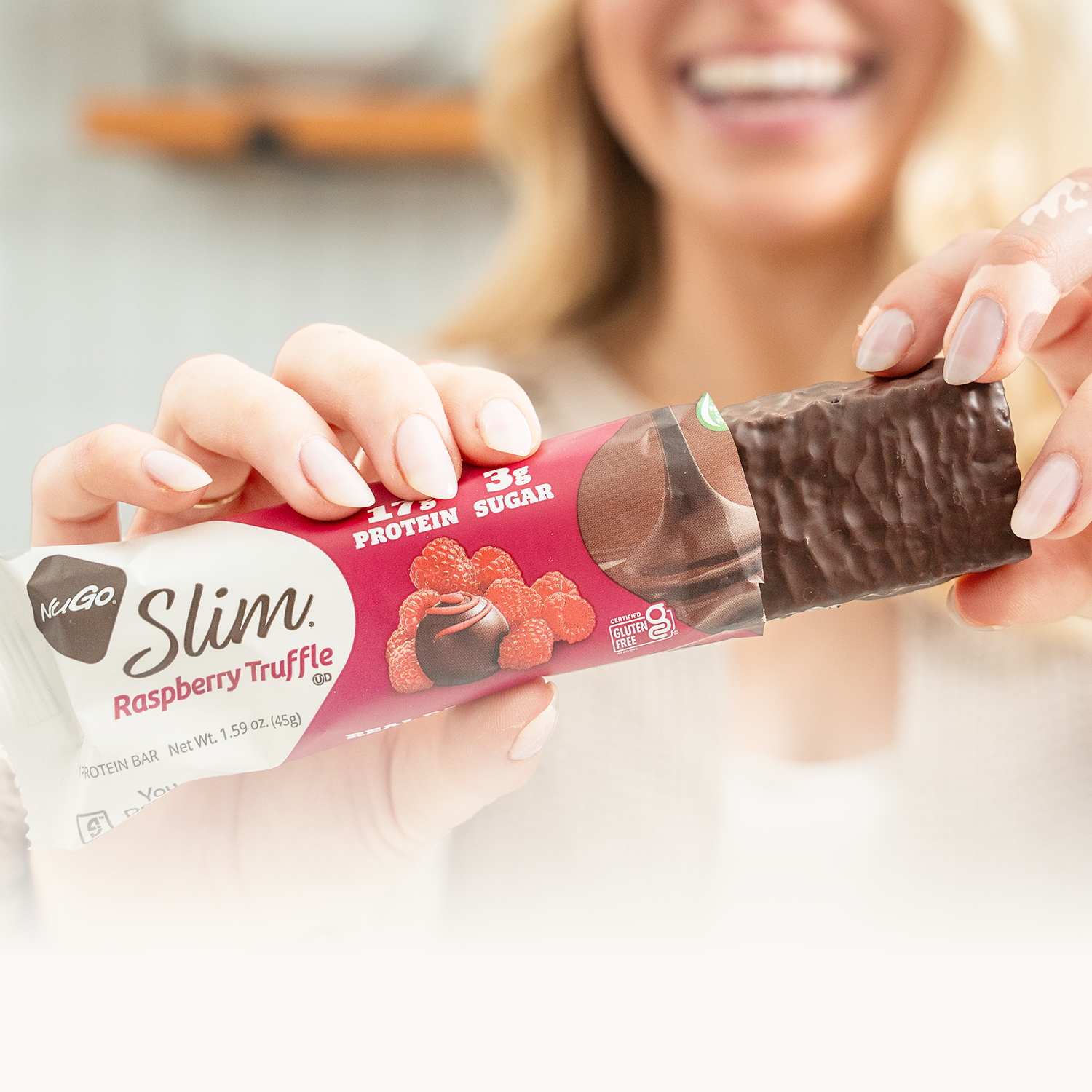
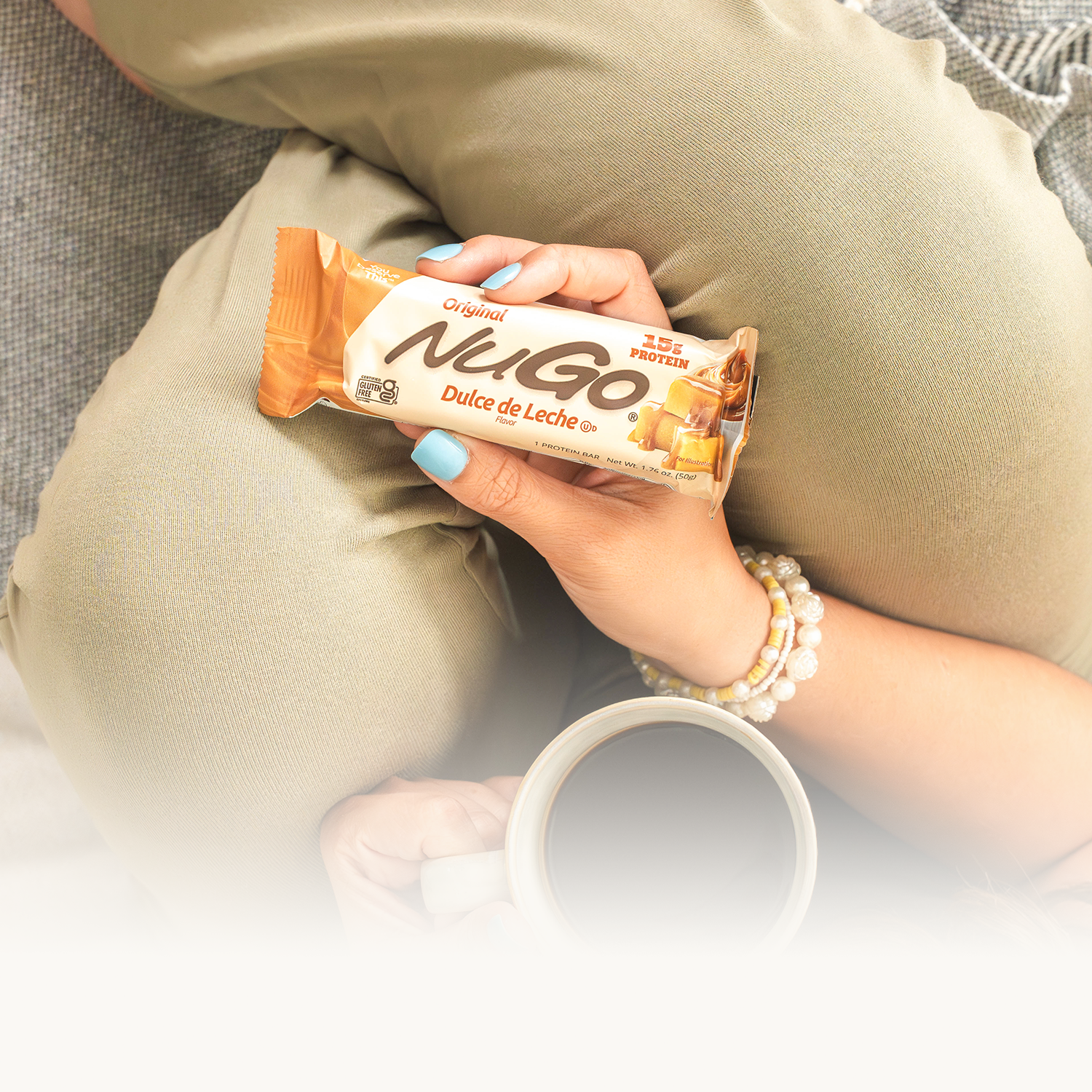
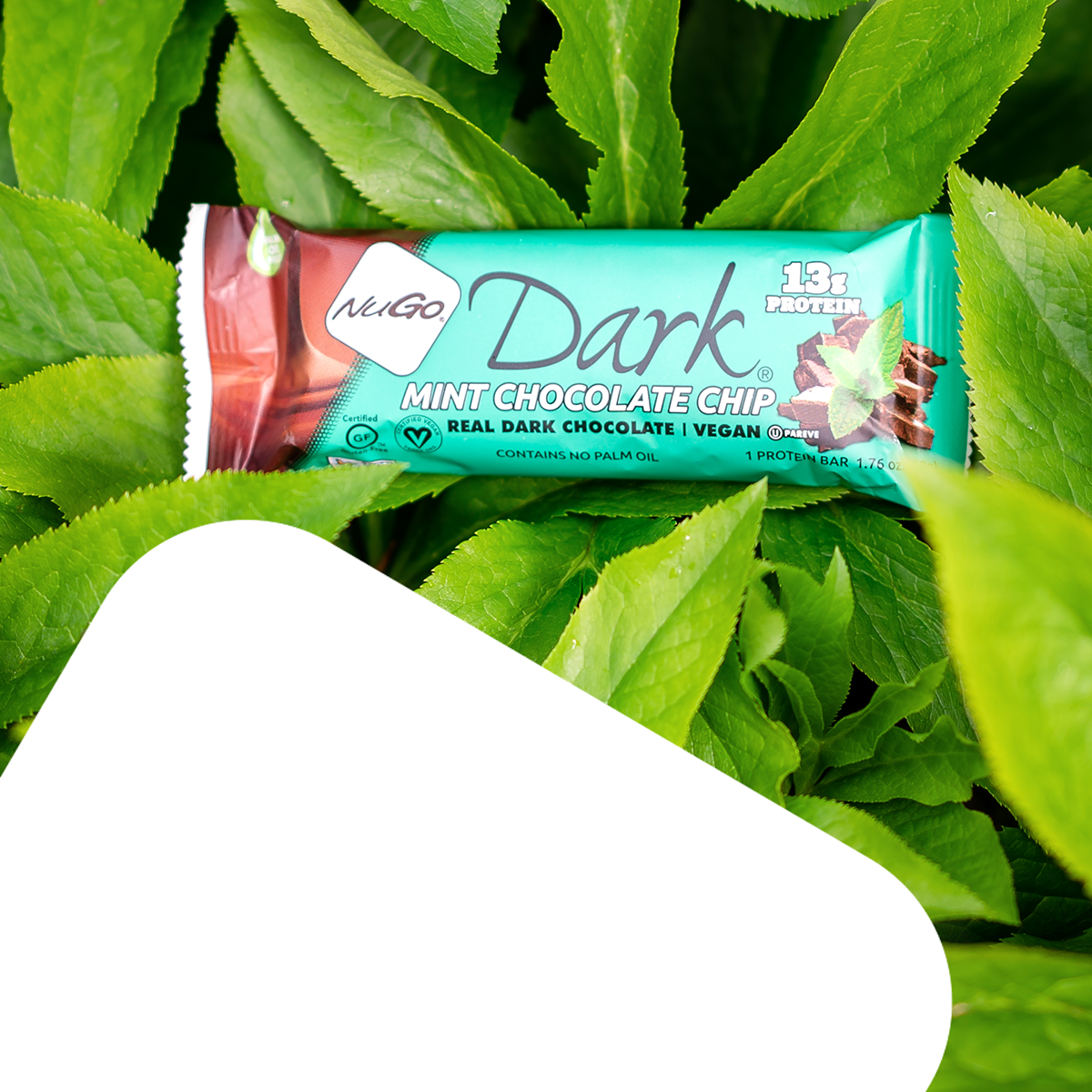
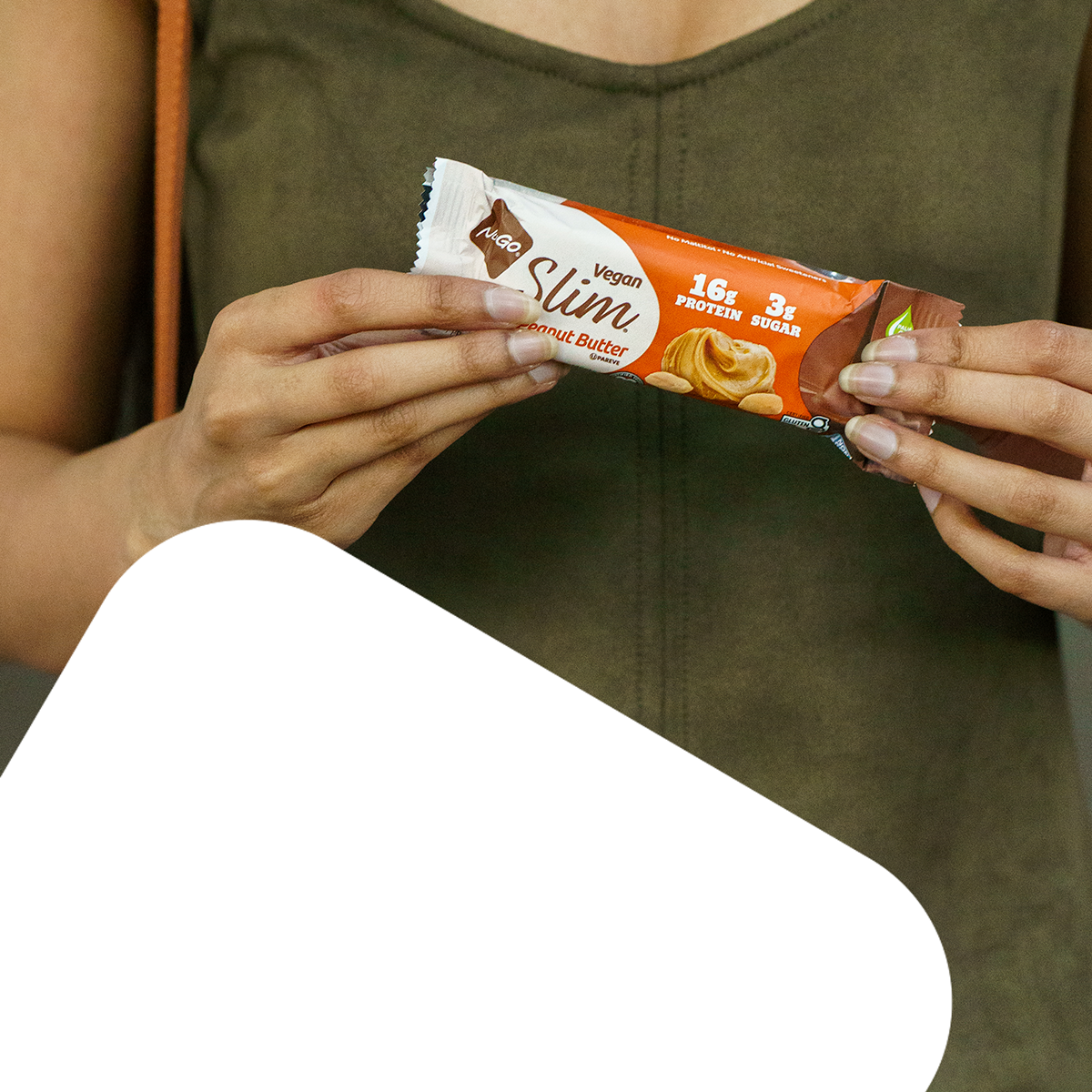
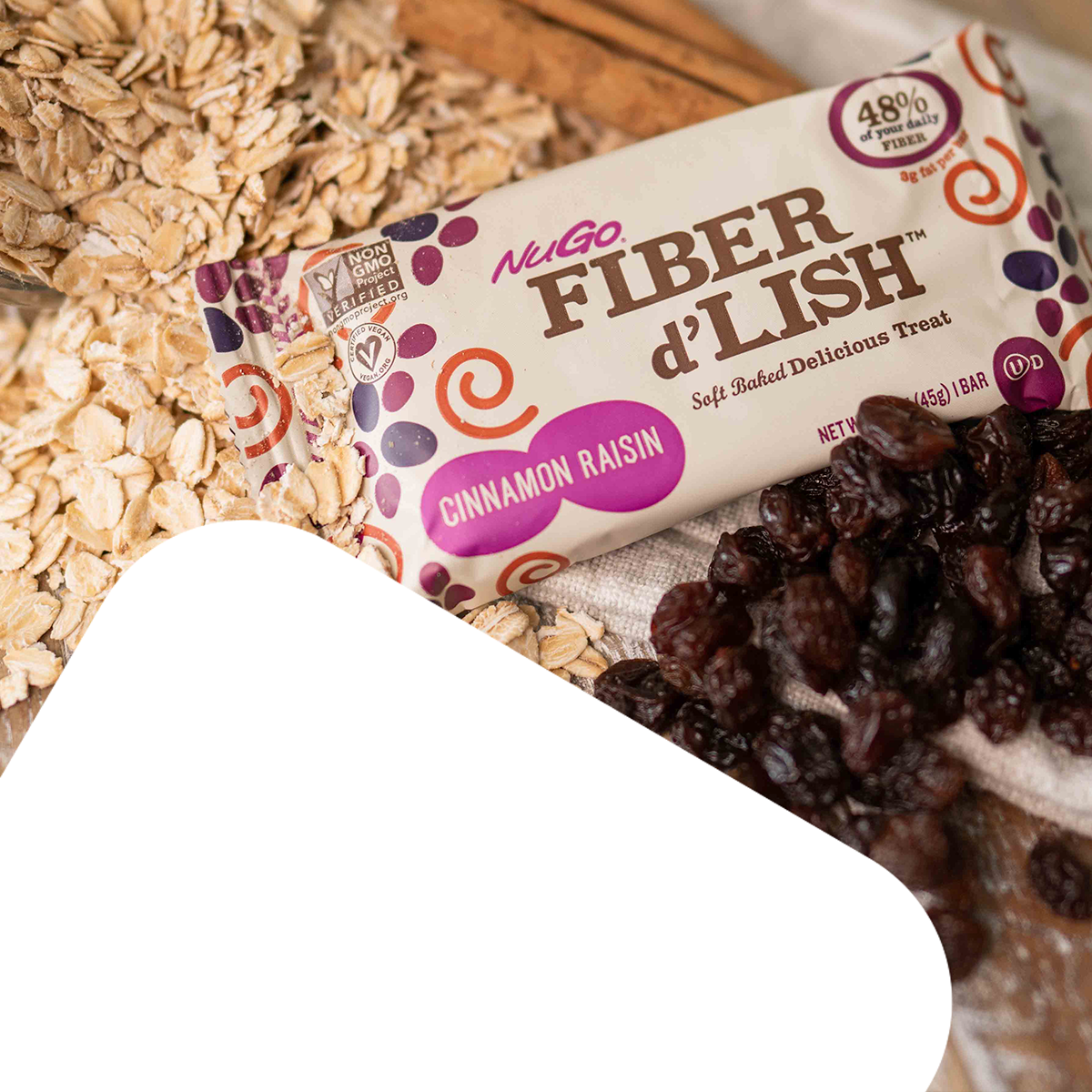
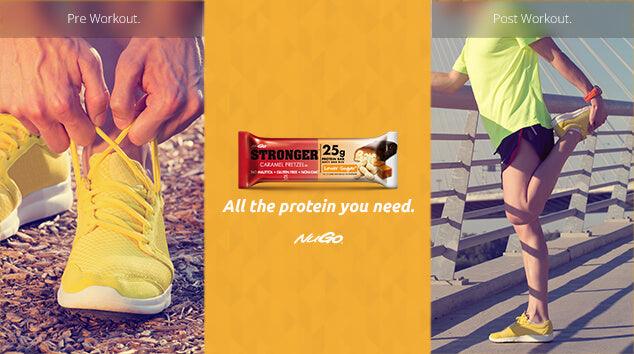

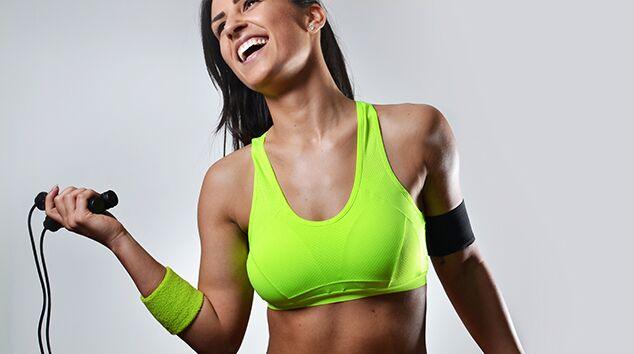
Leave a comment
This site is protected by hCaptcha and the hCaptcha Privacy Policy and Terms of Service apply.